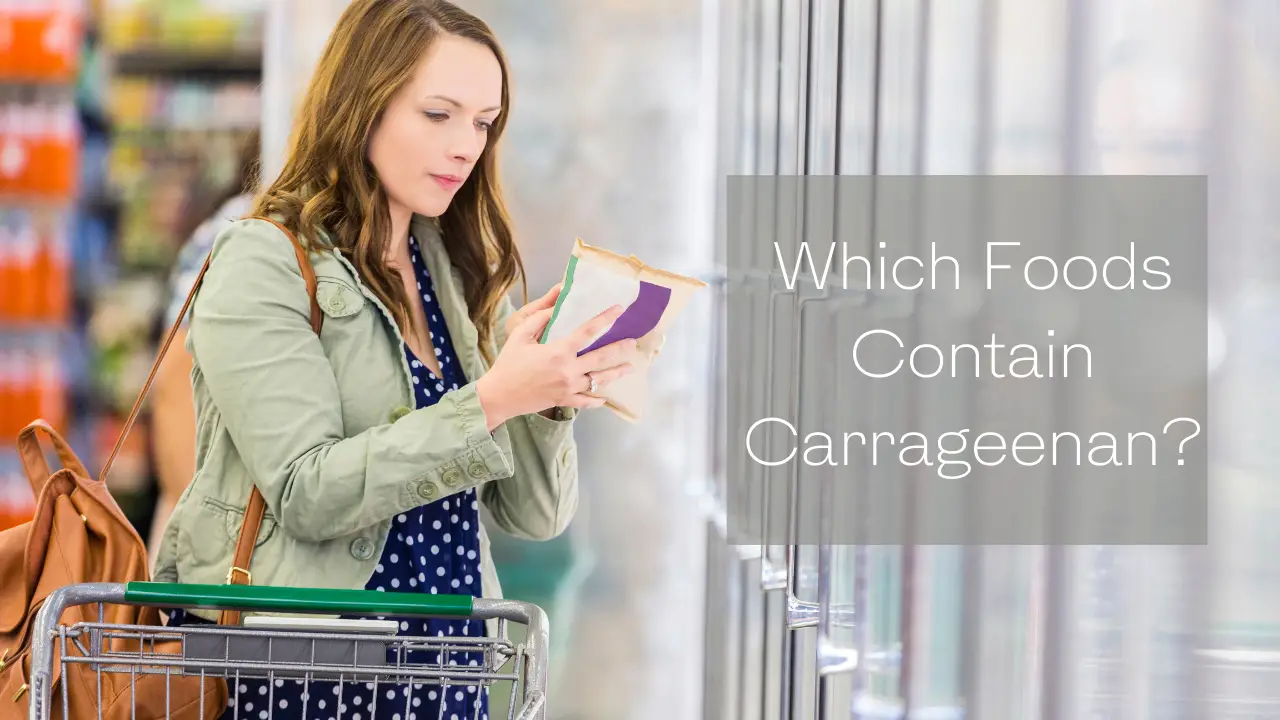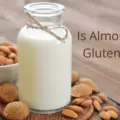When you become aware and start carefully looking at the labels of food products, you'll find many unfamiliar names you've never heard of. The ingredients may be simple, but the additives and chemicals come with confusing terms.
One of the most famous names in food labels is carrageenan. When looking at labels, you may brush off this ingredient to ensure it goes with your diet. However, knowing every ingredient is essential for you and your family's health.
Here's a guide on carrageenan, which foods contain it, and why you should avoid it.
What is Carrageenan?

Many food items are not as acceptable or liked in their natural form. As a result, the food company becomes subject to tinkering and tweaking. Some food items are not aesthetically pleasing, so synthetic dyes and artificial food coloring are added.
Sometimes, preservatives are added to increase the shelf life and prevent it from becoming stale as quickly. In various instances, additives are used so that the final product has a better texture.
Carrageenan is also similar to these items. It is an additive derived from red seaweed, also called Irish moss. From here, carrageenan gets its name, “the Irish moss extract.”
You might be thinking that it doesn't sound all that bad, but the problem that lies with carrageenan is that our digestive system isn't fond of it at all. It can cause inflammation, bloating, and other unwanted digestive issues.
Carrageenan has no nutritional value. It isn't added to food items to make them healthier or become an energy source. Instead, its only purpose is to get a desirable texture as an emulsifier and a thickening agent. It is used as a preservative in various foods and drinks.
The Most Common Food Sources with Carrageenan
Carrageenan is an additive found in various food items. Some of these, along with their brands, are listed below:
Organic Foods:
Chocolate milk:
Many organic chocolate milk brands use carrageenan to stop the chocolate milk from separating. For instance, Avalon Dairy, Nature By Nature, Traders Point Creamery, Kalona Supernatural, and Kirkland have carrageenan among the ingredients.

On the other hand, Castle Rock Organic Farms, Equal Exchange Hot Chocolate, and Trickling Springs Creamery make carrageenan-free chocolate milk.
Cream:
Various companies use carrageenan in their creams but do not list it on their label or ingredients list. Olympic's cream cheese contains carrageenan, while various products of Trader Joe's are also contaminated by carrageenan.
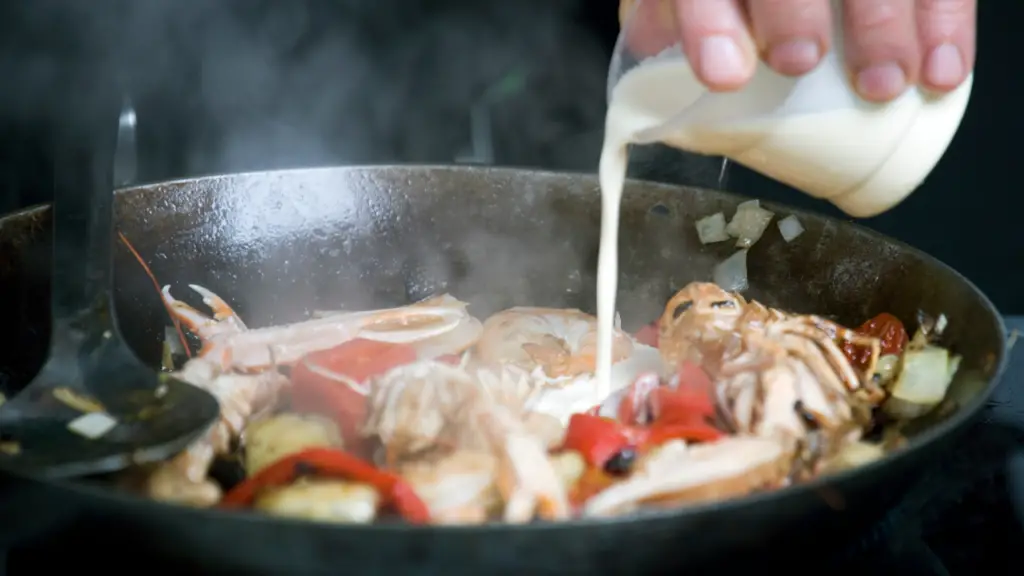
Straus Family Creamery, Horizon, Organic Meadow, Organic Valley, and Clover Sonoma are some companies that are safe to buy.
Coffee creamer:
Coffee creamer is another example of an American staple that you should note. But don't worry! Only a few brands make their way into this list, such as Wildwood, True Goodness, and 365 Whole Foods.

Others, such as Organic Valley, make carrageenan-free coffee creamer.
Soy beverages:
Look out for Harris Teeter, Kirkland Signature, Knusden's SoyStations, Soydream, Starbucks, and Rolling Hills Farm, as these use carrageenan.
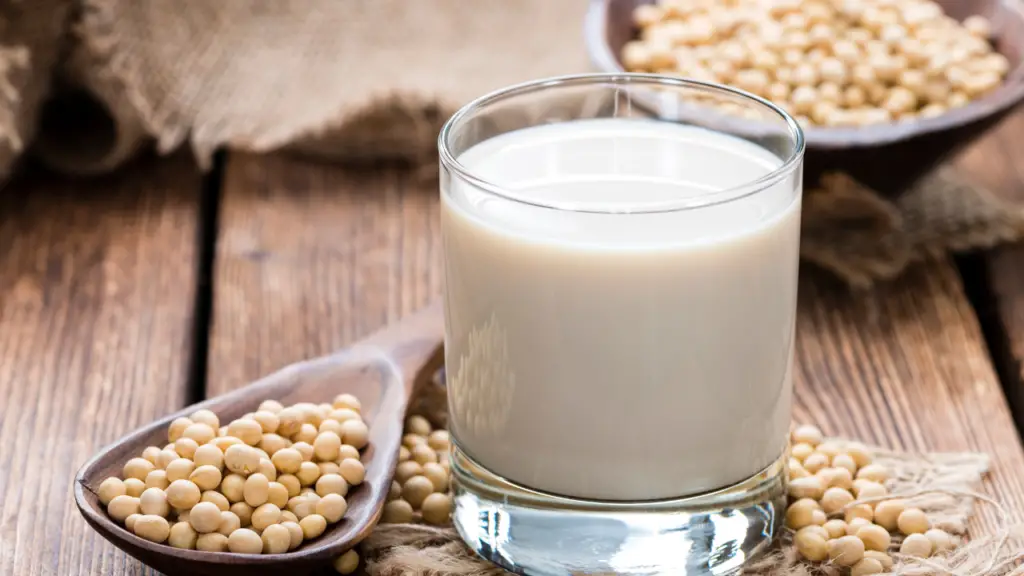
On the other hand, Full Circle, Silk, Tofu Shop, Twin Oaks, and So Nice make their soy beverages without carrageenan. Besides Vanilla and Original light, soy beverages of 365 Whole Foods are also devoid of any carrageenan.
Nutritional drinks and supplements:
Softgels of Flora, Source of Life Garden vegetarian capsules of Nature's Plus, and Muscle Milk are a source of carrageenan. Super Nutrition Shake of Happy Child should also be avoided by anyone avoiding carrageenan.
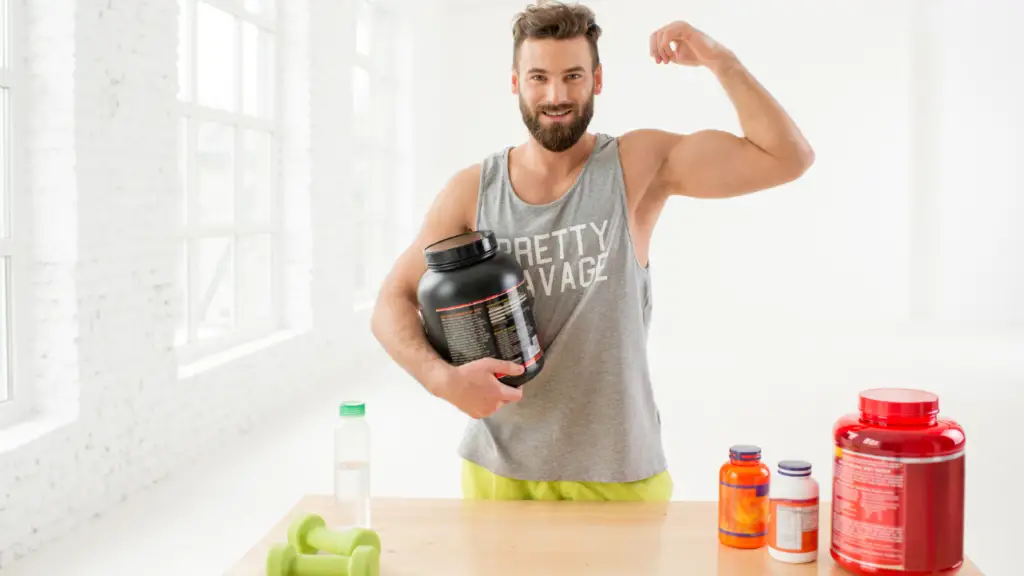
The brands that make nutritional drinks and supplements without carrageenan are Orgain, PediaSmart, Amazing Grass Kidz Superfood, and others.
Conventional Foods:
Desserts:
Among conventional foods, numerous desserts use carrageenan in their recipes. Dandy's Vegan Marshmallows, Kraft Minute Tapioca, Yasso Frozen Greek Yogurts, and Kozy Shack are examples of such brands.
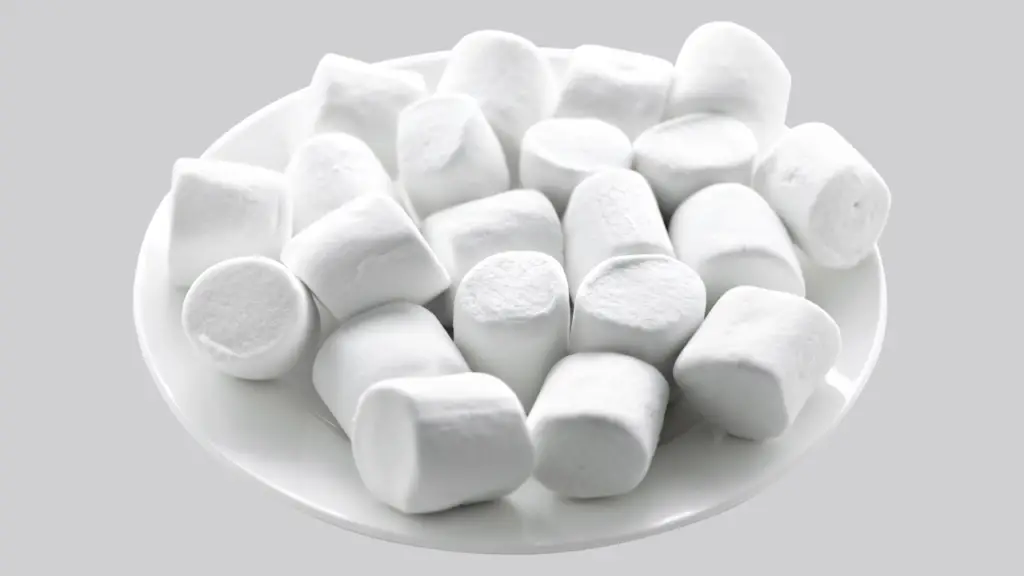
The purpose of carrageenan by these companies is to replace gelatin for their vegan customers.
Dairy items:
Dairy items such as cottage cheese, ricotta cheese, sour cream, and yogurt are a few examples of carrageenan-contaminated food items.
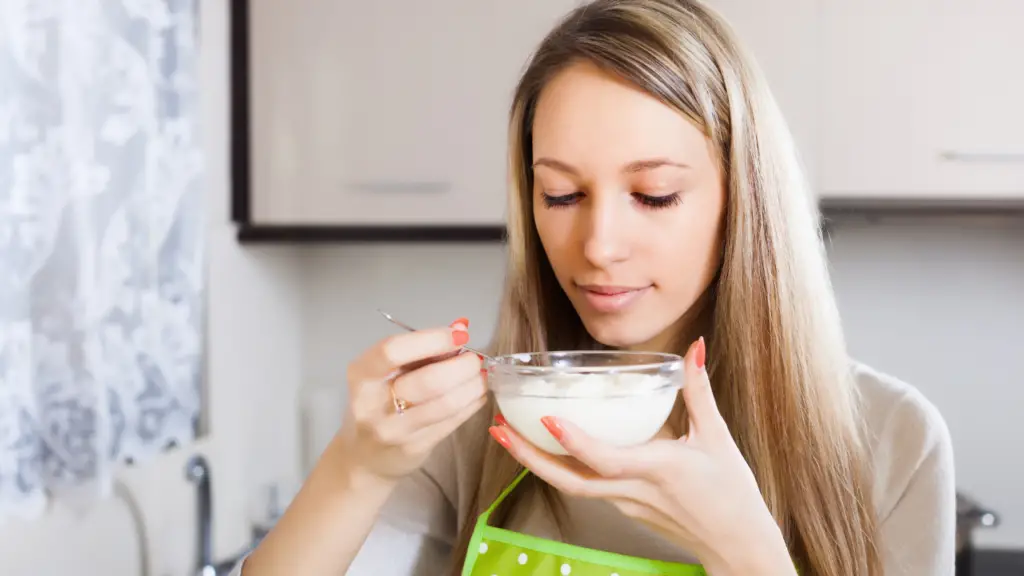
Dean's cottage cheese, Dragone's ricotta cheese, Activia's yogurt, and Land O' Lakes's sour cream top the list of these items.
One of my favorite brands that don't contain carrageenan is Good Culture.
Dairy alternatives:
Some dairy alternative brands that can't go with your carrageenan-free diet include Sainsbury's Vegan Cheese, Tofutti, and Ryza's rice beverages. If you go for Pacific Foods, don't try their hazelnut beverage, hemp beverage, soy beverage, and rice beverage.
Coffee beverages:
Instead of entirely ditching your cup of Joe, keep a safe distance from some brands, and you'll be safe from carrageenan. These brands are International Delight, Coconut Cafe, any Starbucks drink with soy beverage, and Caribou's canned iced coffee.
Toothpaste
Many toothpaste companies started including carrageenan as a thickening agent in their products. Steer clear from those that have carrageenan in them. The reason behind this is that there's always a risk of it being swallowed, especially in the case of toddlers.

Because of this, there is an almost daily intake of carrageenan, leading to various complications discussed later. The Honest Company and Tom's of Maine are the most famous toothpaste companies that use carrageenan. Since carrageenan is harmful when ingested, avoiding companies that add it is best for your health.
Harmful Effects of Carrageenan
Just because the FDA has approved carrageenan doesn't mean it's safe.
FDA does not ban a product unless there's a high burden and solid evidence of harmful effects caused by it. This evaluation system is different than the one applied by the UK and other European countries.
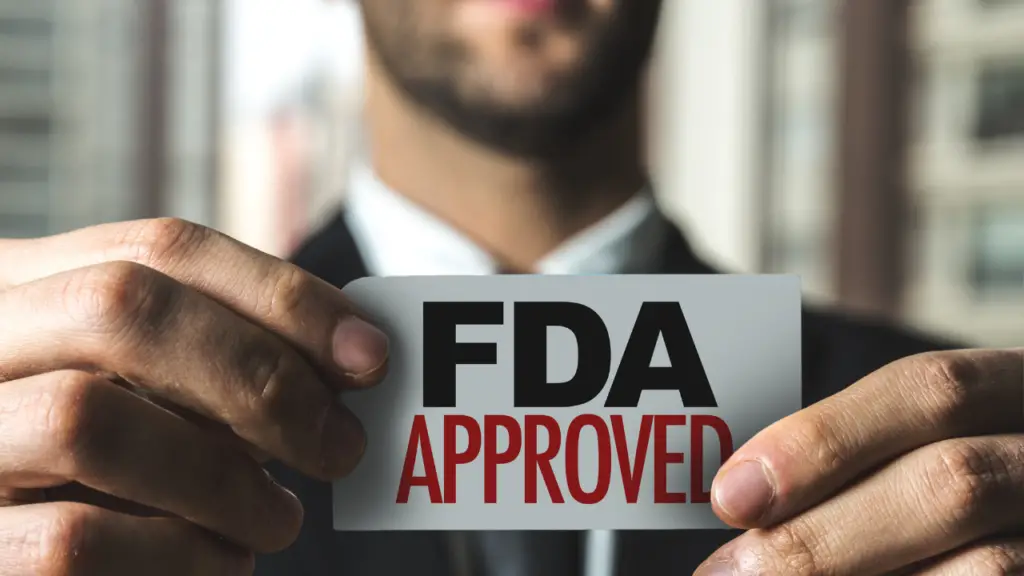
Registration, Evaluation, Authorisation, and Restriction of Chemicals (REACH) ban a substance if there's substantial credible evidence of potentially harmful effects.
Manufacturing companies exploit another loophole in the rulebook of the FDA. If they claim that they've tested the product and say that it's safe, the FDA doesn't ban it. So there's no insurance that carrageenan is safe just because the FDA didn't ban it.
Here are some harmful effects of carrageenan that were discovered as a result of experiments and researches:
Digestive issues
In 2018, an animal study revealed that carrageenan could cause gastrointestinal disorders or worsen digestive issues. The researchers established a link between inflammatory bowel disease and gut dysbiosis.

It is a condition in which the helpful bacteria and other microorganisms in the gut become affected. Another research further bolstered the hypothesis that carrageenan can cause inflammatory bowel disease.
Ulcerations and lesions are abundant in consumers of carrageenan, along with bloating and damaging the gut lining.
Diabetes mellitus
Among other detrimental effects, diabetes mellitus is also frequently observed. Carrageenan interferes with normal blood sugar levels by increasing the risk of insulin resistance.
People with insulin resistance have to make lifestyle changes and avoid consuming trigger items. Otherwise, almost 50 percent of them end up with diabetes.

For this reason, carrageenan is harmful and should be avoided at all costs, especially if it is the reason behind the spiking of your blood sugar level.
Inflammation
Carrageenan is a potential causative agent of inflammation in the consumer. While inflammation is a grave complication, the suffering doesn't end here. Increased inflammation leads to a series of other symptoms, such as arthritis and tendinitis.

Many patients also experience inflammation of the gallbladder, also called cholecystitis. Chronic inflammation can also lead to heart diseases, cancer, Alzheimer's, and Parkinson's.
So, regularly eating food items containing carrageenan can lead to the onset of various medical conditions both directly and indirectly.
How to Avoid Carrageenan
With something having this many side effects, it is crucial to avoid it. But many face difficulties in doing so because of the variety of food items it is an additive of. It is also in organic and healthy foods.
It is impossible to keep track of all the food items and their companies that use carrageenan as an additive. So, here are some tips if you're keen on avoiding carrageenan.
Read the label:
The first step to making sure you're not consuming carrageenan is to check the ingredients list.
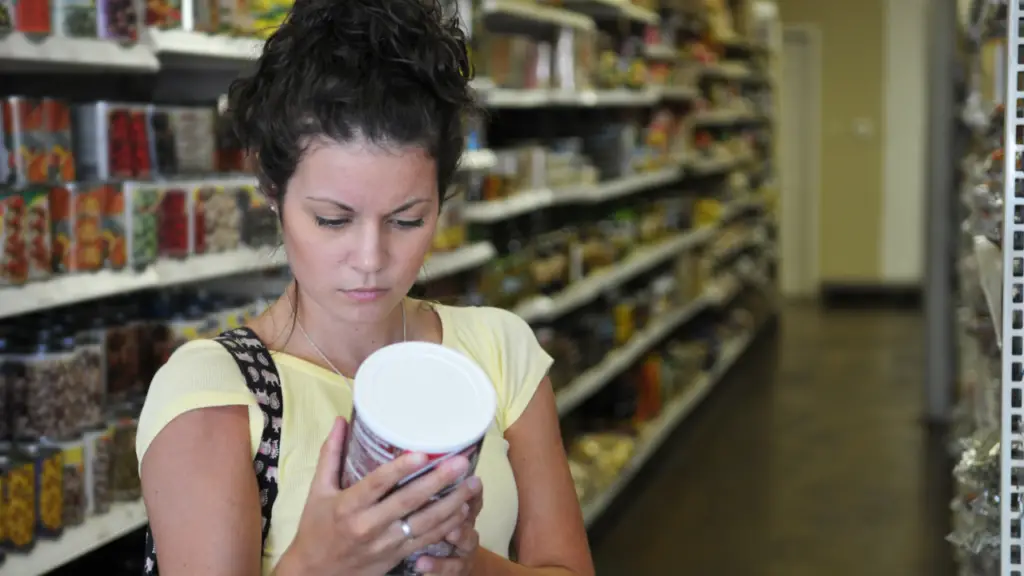
Go through the label thoroughly and make sure the food item you're about to consume is not a source.
Ask the company:
Sometimes, carrageenan is not included in the ingredients list, but it is a component of the final product. The confusion arises when carrageenan is used or added as a processing aid. Similarly, there is no law for showing the ingredients list for alcoholic beverages.

Since many companies use carrageenan to clarify beer, there won't necessarily be any label or list to check. So the best way to ensure whether the product has carrageenan is to contact the company and directly ask them.
Packaged and processed foods:
Packaged and processed foods are often a source of carrageenan. You don't need to miss out on them completely, but limiting their use and infrequently consuming them will be helpful.
Make food yourself:
Some of the food items that contain carrageenan aren't that hard to make at home. If you have a thing for cooking, you'll love making almond or oat milk yourself and will also avoid carrageenan this way.
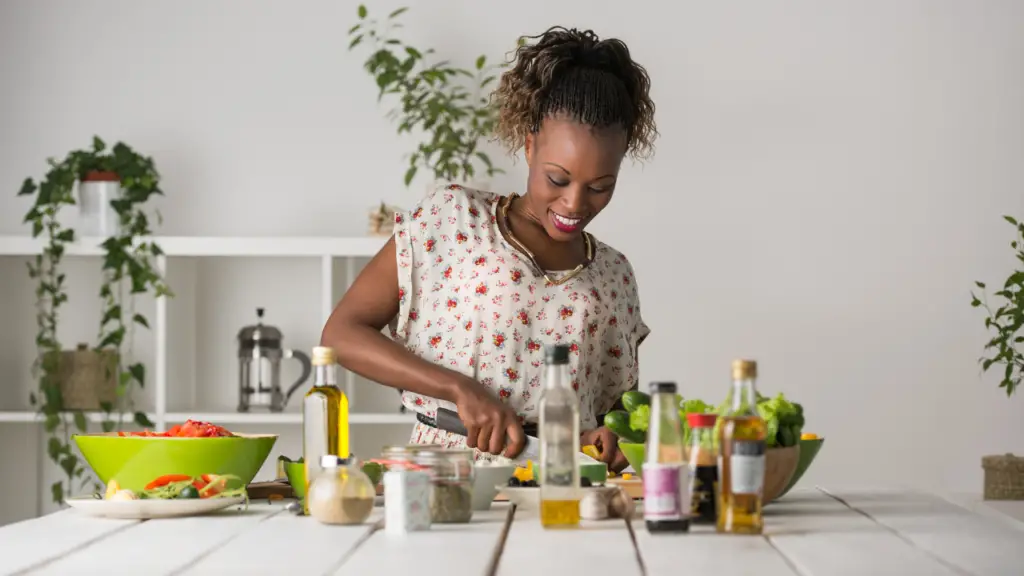
Final Words
In conclusion, carrageenan has various harmful effects on the body. And if you wish to avoid consuming it, you'll have to give up on all the foods that contain carrageenan. So whenever you go shopping, make sure you check the ingredients list. And if you spot carrageenan on the ingredient list, do not purchase that product.
Keeping our digestive system running efficiently and adequately takes you as a consumer to stop purchasing products with emulsifiers, such as carrageenan in the ingredients.
It won't be long, and you will know which food items are safe to buy.
Keep reading your ingredient labels to keep your digestive system happy.


